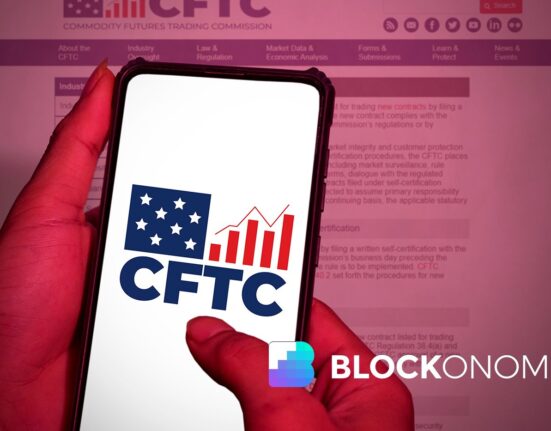TLDR:
- GENIUS Act rules will not be effective until November 2026, leaving current law as the main compliance standard.
- Stablecoins over $10B supply will be required to follow federal compliance, not state-chartered pathways.
- State regulation offers limited benefits for USDH if its supply exceeds $10B, pushing issuers toward federal rules.
- Evaluating USDH proposals now is about the team’s readiness to meet GENIUS standards when they are finalized.
The debate around USDH is pulling in regulators, crypto lawyers, and investors. At the center is the GENIUS Act, a law still months away from becoming active. Its rulemaking period runs through July 2026, setting an effective date in November 2026.
Until then, USDH must operate under the same rules that applied years ago. This timing is shaping the discussion about how the project should prepare.
Crypto lawyer Jake Chervinsky pointed out that there is no such thing as a GENIUS-compliant stablecoin right now. He explained that the bill outlines a framework but leaves regulators to write the details.
Those rules must be completed before compliance can even be measured. This means current debates over whether USDH already meets GENIUS standards might be premature.
The $USDH debate is one of the more interesting events in recent crypto memory — a case where US policy (the GENIUS Act) is crucial to a major design decision.
I have no vote, but I do see some misunderstanding about GENIUS worth clarifying. A few points to consider for those…
— Jake Chervinsky (@jchervinsky) September 10, 2025
Current Law Shapes USDH Strategy
Chervinsky stressed that what matters today is that USDH follows existing regulations. He warned that rushing toward compliance with rules that do not exist yet could waste time and resources. This includes efforts to secure state charters and licenses ahead of the federal timeline.
State pathways will be available for stablecoins under $10B in supply, but not for those that grow larger. If USDH expands beyond that threshold, federal compliance will be mandatory. That means either becoming a regulated bank or obtaining a charter from the Office of the Comptroller of the Currency.
For issuers expecting USDH to scale, focusing on state-level licenses may provide little benefit. Chervinsky argued that the real work will come later, as federal requirements take hold. The effort now is to maintain compliance under existing law until the GENIUS rules arrive.
Preparing for GENIUS Act Compliance
The next test for USDH is not just legal but operational. Chervinsky suggested that the key question is whether the team can adapt once the rules are finalized. That includes securing the right licenses and meeting federal oversight requirements.
This approach echoes a statement by Campbell J. Austin, who noted that distribution is the key economic factor for stablecoins. The ability to scale while staying compliant will determine which projects succeed after 2026.
Investors watching USDH are tracking both legal readiness and go-to-market execution. The project will need to navigate current law while building toward a compliance framework that does not yet exist.








